New Children’s Commissioner to launch ‘The Childhood Commission’
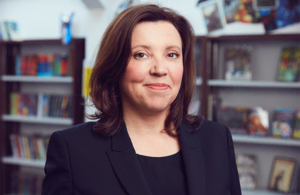
Dame Rachel de Souza (@Rachel_deSouza), Children’s Commissioner (@ChildrensComm) for England, is today (Tuesday) launching a once-in-a-generation review of the future of childhood by the Children’s Commissioner’s Office. ‘The Childhood Commission’ will be inspired by the ambition of William Beveridge’s pioneering 1940s report, which laid the foundations of the post-War social security system. ‘The Childhood Commission’ will identify the barriers preventing children from reaching their full potential, propose policy and services solutions and develop targets by which improvements can be monitored.
The Commission will not focus only on the problems that have been highlighted and amplified by the Covid pandemic but will also address the policy shortfalls that have held back the lives of many children for decades. At its heart will be ‘The Big Ask’ – the largest consultation ever held with children in England. The Children’s Commissioner will ask children how the pandemic changed their lives for better or worse, what their aspirations are and the barriers to reaching them, how things are at home, how their communities and local environment could be improved, and how they feel about the future and the challenges facing the world.
‘The Big Ask’ consultation will take place after the Easter break. An online survey will be distributed to all schools, posted on the Oak National Academy, and advertised via social media, child-facing charities and other communications channels. To reach children outside mainstream settings, it will be sent directly to youth custody organisations, CAMHS inpatient units and children’s homes. Face-to-face interviews and focus groups will be conducted with children who are under-represented and harder to reach. This consultation will drive the subsequent phases of the Commission.
The Children’s Commissioner will publish an interim report before the summer, setting out children’s expectations and aspirations, and the barriers to attaining them, informed by the results of the consultation, an evidence review and data analysis. A subsequent report will propose solutions, investment, metrics, and set out the challenge to society to pay back to this generation of children and re-set their future.
The Childhood Commission will look at the ways in which society and political structures often short-change children. The pandemic has exposed social fault lines which had been hidden from the view of many and affected the wellbeing and prospects of the young. The number of children with probable mental health problems rose from one in nine children in 2017 to one in six in July 2020, and the IFS has calculated that 6 months of missed schooling can be expected to reduce someone’s lifetime earnings by around £40,000. Multiplied across all of the 8.7 million school children in the UK, this would amount to £350 billion over their lifetimes. The long-term impact of the crisis across all areas of children’s lives will only be known in years to come.
The Commission will argue that the prospects and welfare of children must be put at the heart of our economic recovery and show the way to do it. It will re-cast Beveridge’s ‘five giants’ for children today, identifying the barriers which prevent them having the best childhoods, the best preparation for successful futures, and a better life than their parents. It will propose a 10-year plan with annual metrics to monitor progress, across the sweep of childhood and the span of government.
Dame Rachel de Souza, Children’s Commissioner for England, launching ‘The Childhood Commission’, said:
“As we emerge from the Covid pandemic, this is the moment for something big for children to recognise the sacrifices they have made. I have seen first-hand the effect of this crisis on young people’s hopes and dreams, and sometimes our answers simply have not been good enough.
“Our response to the trauma of the Second World War was to create a blueprint for a social service system and a National Health Service that improved our lives. We have the chance to do the same again now for children. There is a huge opportunity to remake our social settlement which won’t come again for decades, and we must seize it.
“I want the Childhood Commission to have the spirit and the ambition of the Beveridge Report – something that leads to long term changes that improve the chances of every single child, whatever their early standing in life and wherever they are in England.
“My ambition is for the Childhood Review to not just reveal the barriers that are holding children back, but also to help Government and others to provide policy solutions. It will also set out metrics and targets I will be using to hold them to account.
“I want to see childhood right at the top of the Government agenda. That means every speech from the Prime Minister and Chancellor mentioning children, and every Government department constantly pushing to improve the lives of children.”
“We will start by listening to children, holding the largest consultation with children in England that there has ever been. We want to hear from children from every background about their hopes and ambitions for the future, and to hear what is holding them back. Their views and experiences and ideas will help shape the way we deliver better outcomes not just for them, but for all our children in the decade ahead.”
 Kate Green MP, Labour’s Shadow Education Secretary, said:
Kate Green MP, Labour’s Shadow Education Secretary, said:
“Over the last decade the Conservatives have overseen record numbers of children being pushed into poverty, a worsening mental health crisis and an 18 month gap in learning between disadvantaged children and their peers at GCSE.
“This picture has to change, yet there was no mention of children in the Chancellor’s Budget and the Government has committed a measly 43p per child per day to support their recovery.
“Labour launched our Bright Future Taskforce last week to help children to recover from the impacts of the pandemic and ensure all children can reach their potential. Alongside the Children’s Commissioner’s ‘Big Ask’ I hope this will deliver a step change for children.”
 Commenting on the Children’s Commissioner’s launch of “The Big Ask” consultation, Paul Whiteman, general secretary of the school leaders’ union NAHT, said:
Commenting on the Children’s Commissioner’s launch of “The Big Ask” consultation, Paul Whiteman, general secretary of the school leaders’ union NAHT, said:
“The voice of children and young people should be central to how the country recovers from Covid, not just immediately but in the longer term too. ‘The Big Ask’ consultation will provide valuable insight.
“The range of reviews and commissions already taking place into issues affecting the lives of children and young people, including SEND and social services, will need to be brought together to find the solutions that answer the concerns of young people as well as our ambitions for them and our society.
“In reality, it’s been long known that the fundamental issues are poverty and disadvantage, poor wellbeing, discrimination and inequality, and they can cut across every aspect of a child’s life chances. Covid-19 brought these long-standing problems into sharp focus. Government is yet to successfully tackle these issues, and seeking to address the problems individually will fail. Children need the support of well-integrated and well-funded support services.”
A Government spokesperson said:
“We know that children and families have faced unprecedented challenges during the pandemic. We’ve expanded frontline charity support and provided new resources for schools and teachers to support children and young people’s mental health, as well as training from experts to overcome any anxiety or trauma as they return to the classroom.
“Our £1.7 billion investment in recovery support will help tackle the impact of any lost learning and we are investing an additional £79 million to increase the number of mental health support teams working with schools and colleges.”
“Mental Health and wellbeing
- We welcome the Children’s Commissioner’s challenge and will continue to invest in policies that aim to ensure children can fulfil their potential.
- Our new Mental Health in Education Action Group will look at how we best support children and young people’s mental wellbeing as they return to education settings.
- We have appointed Dr. Alex George as Youth Mental Health Ambassador, who will play an important role in raising the profile of mental health education and wellbeing in schools, colleges, and universities, including through the work of the Mental Health in Education Action Group.
- The Government has provided over £10 million funding to mental health charities – including Mind, the Samaritans, Young Minds, and Bipolar UK to help them adapt, expand and reach those who are most vulnerable.
- The Department for Education’s Relationship, Sex and Health Education (RSHE) specifically includes mental health and wellbeing, and includes an online service featuring innovative training materials and an implementation guide.
- New online resources designed by health and education experts will be provided to schools and colleges to boost mental health support for staff and pupils, encouraging them to talk more confidently about the anxieties and concerns they feel as a result of the coronavirus pandemic.
- More generally, NHS child and adolescent mental health services will be adapting to the current pandemic including by using more digital tools and ways of working and prioritising those with more severe mental health needs, and children and young people should still feel able to contact their local GP and/or NHS child and adolescent mental health service (CAMHS) for support
- Public Health England has provided advice for parents and carers on looking after the mental health and wellbeing of children or young people during the coronavirus (COVID-19) outbreak:
- Our planning framework for colleges in England, including advice on supporting the wellbeing of children returning to school, is available here.
“Recovery and education support
- Our £1 billion Covid catch-up package, announced last summer, includes a £650 million universal premium. To support schools in planning how to use the catch-up premium, the Education Endowment Foundation has produced a guide which includes advice on summer schools and contains a link to a Teach First toolkit specifically focused on summer schools, for schools that choose to do this.
- Building on the £1 billion catch up package, we have also recently announced an additional £700m package of recovery support. This includes £302 million for a Recovery Premium, building on the pupil premium, which will be targeted towards schools most in need to support disadvantaged students’ attainment. The broader £700m support package focuses on expanding one-to-one and small group tutoring programmes and summer provision for pupils who need it most.
- The Department for Education has also invested more than £100 million in remote education – including devices and routers that help these children keep in contact with schools and social workers. Expert technical support to access Google and Microsoft’s education platforms, along with free training on how to use the resources most effectively, is also available for schools.”

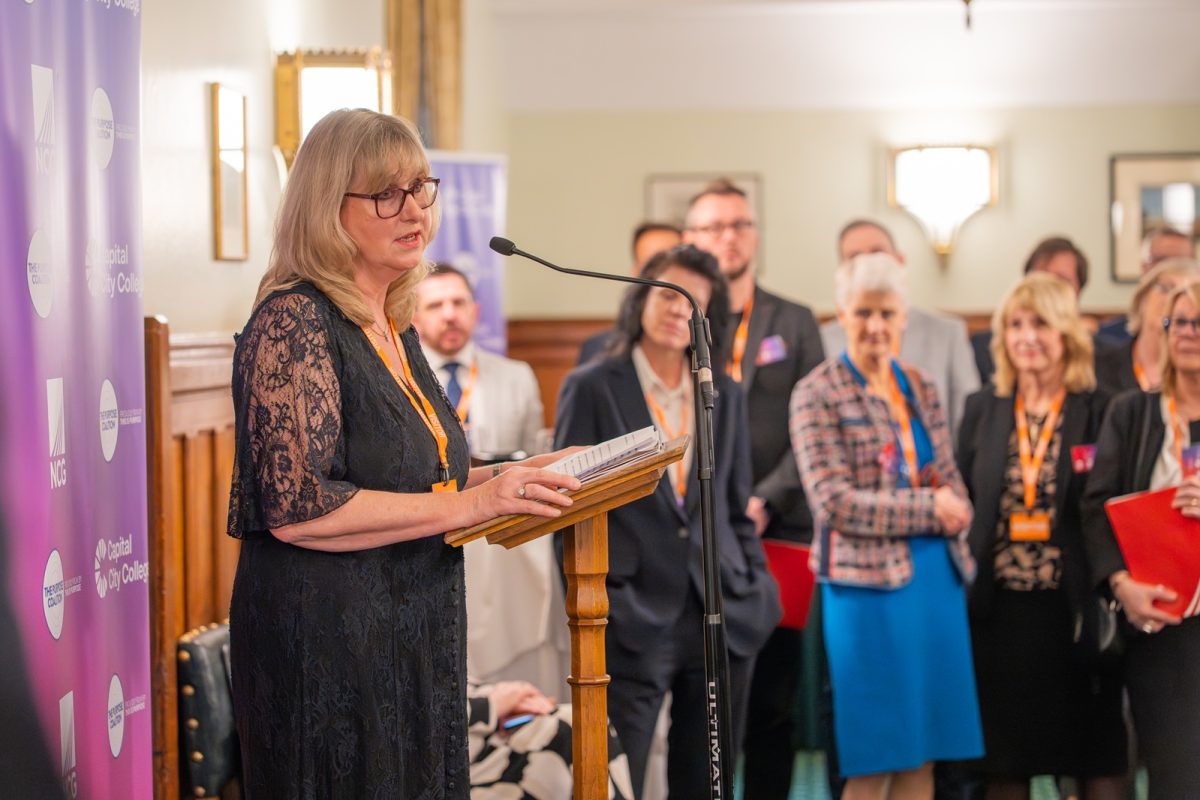


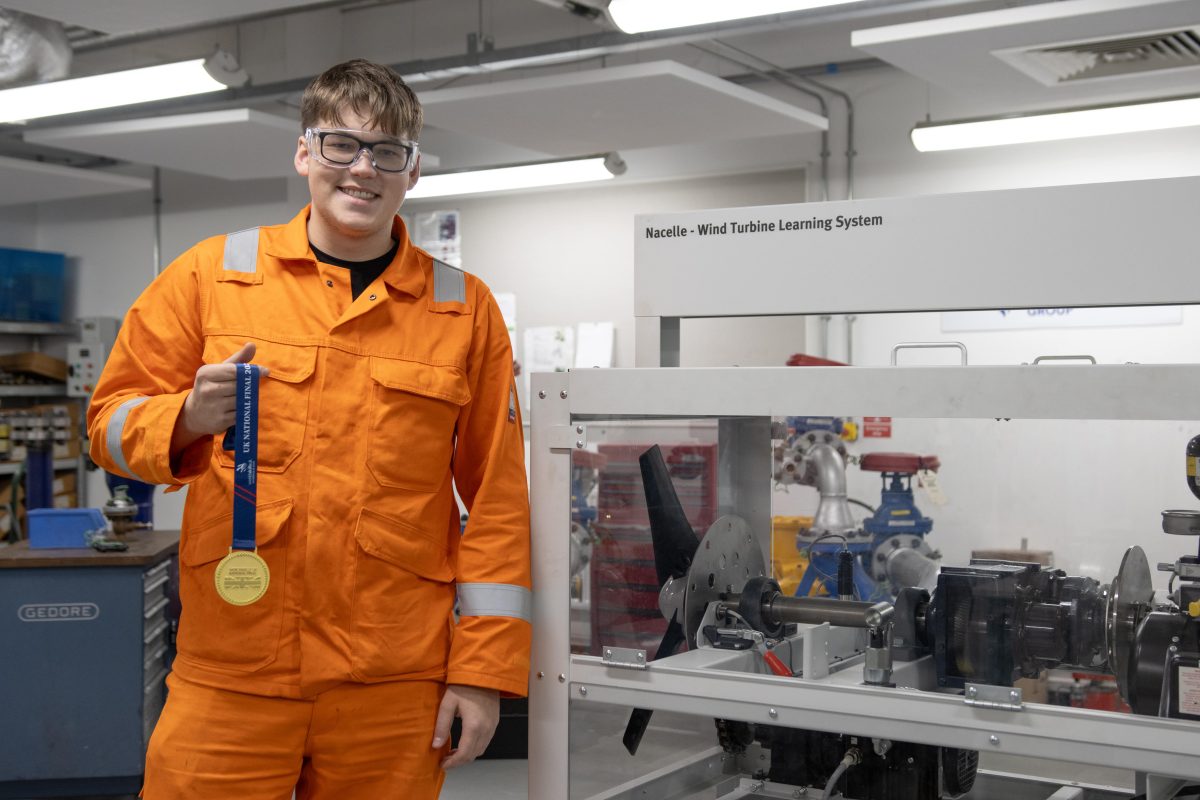



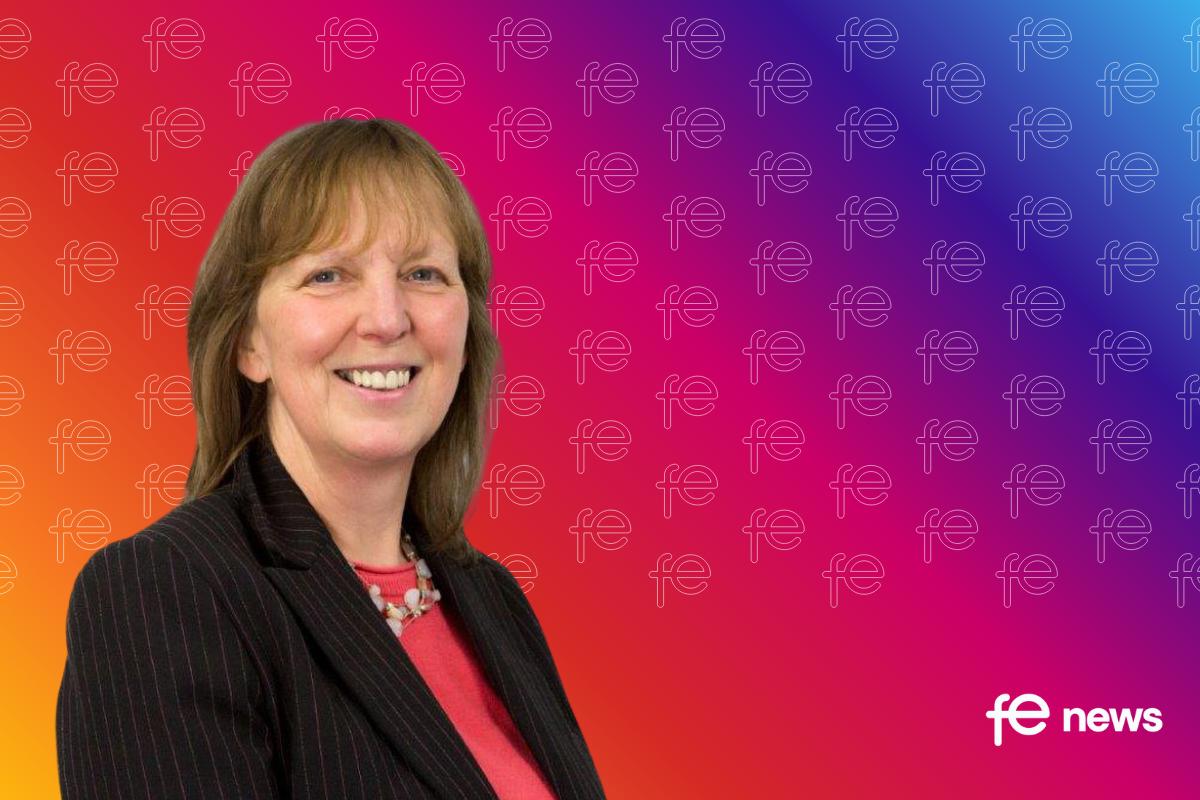
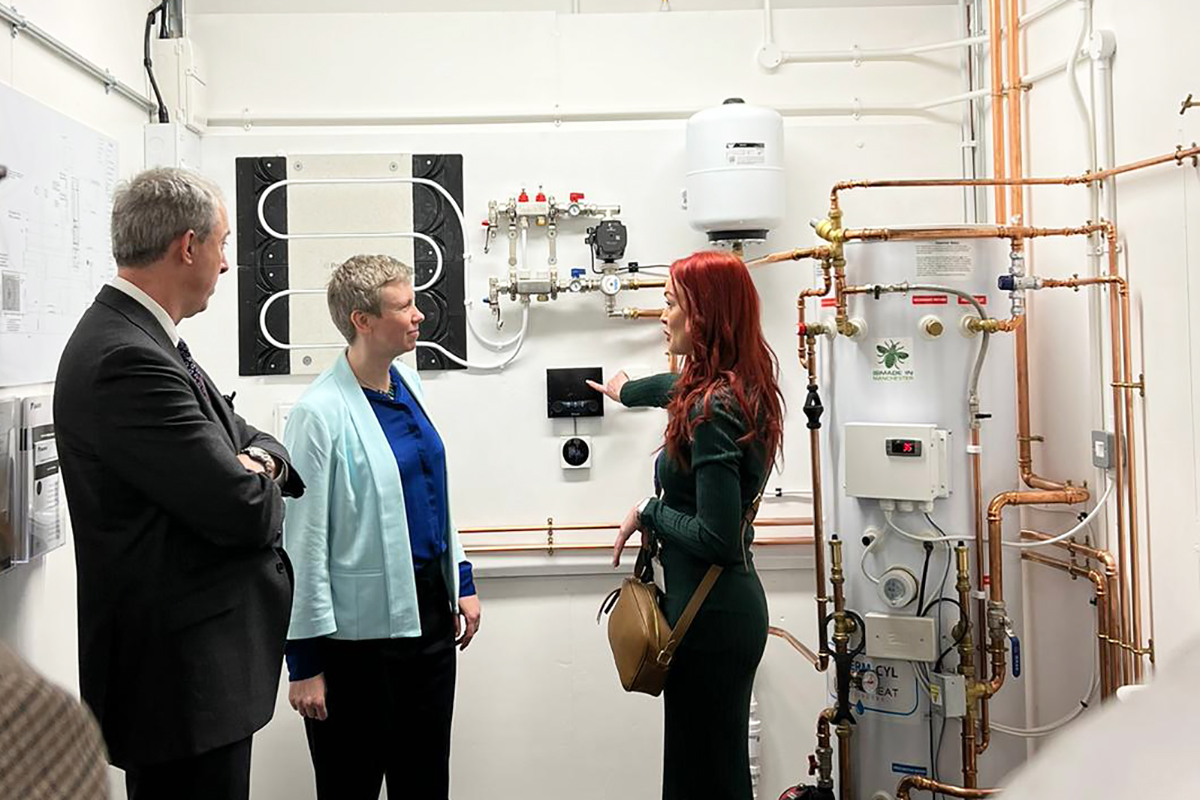

Responses